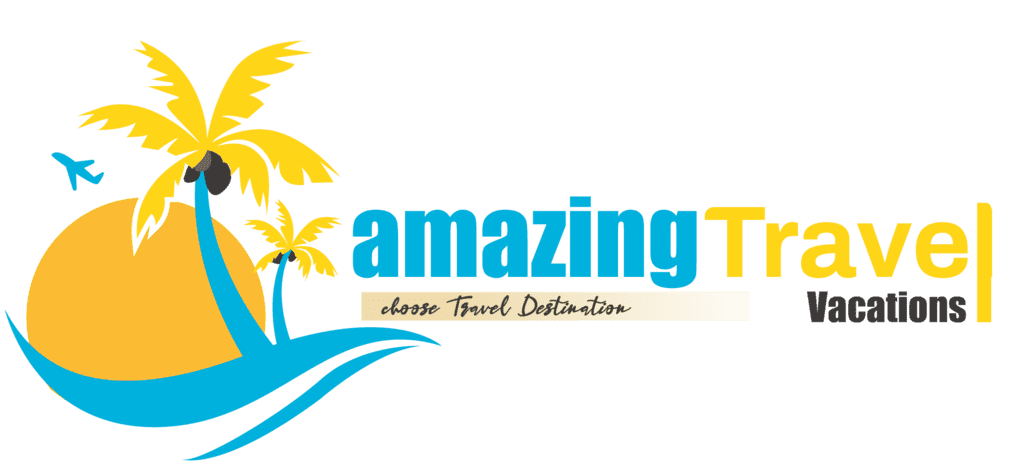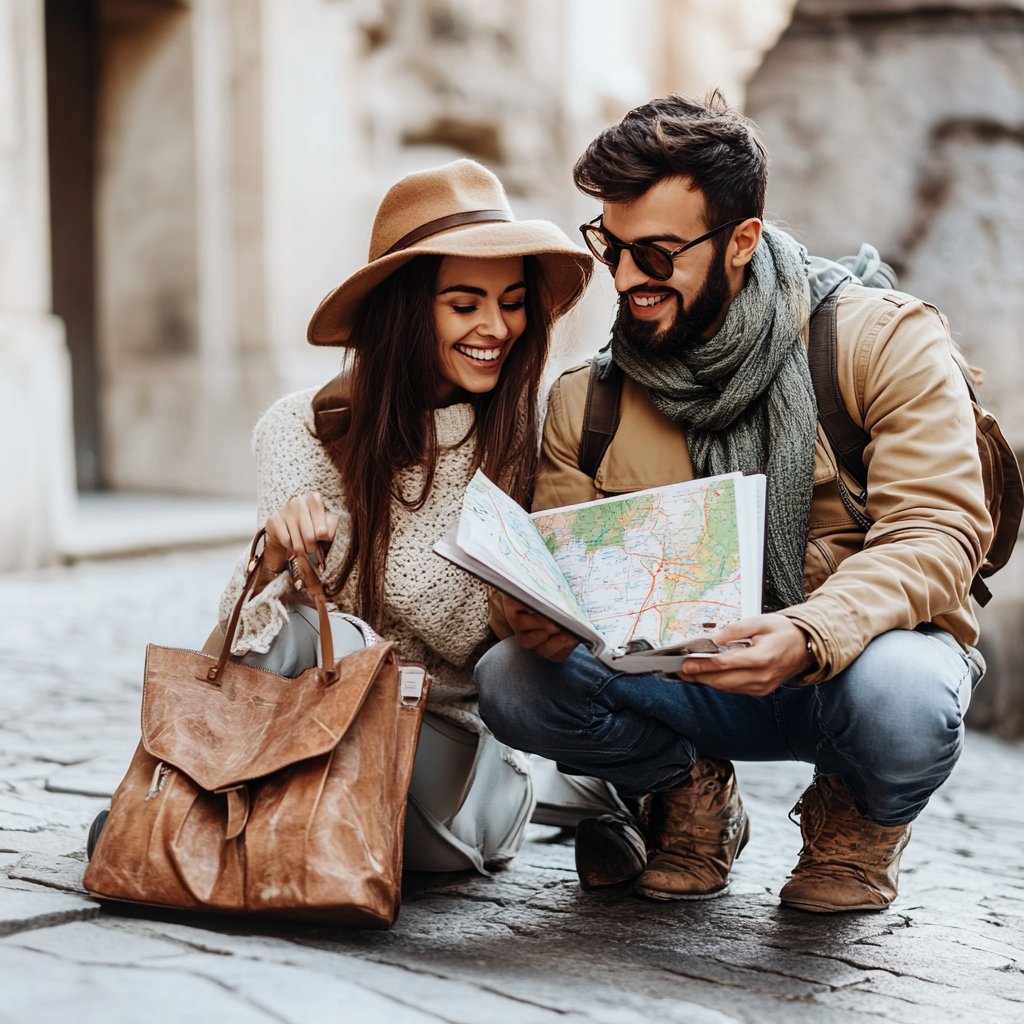Stress-Free Vacation Planning can feel like a monumental task, but it can become a fun part of the adventure with the proper steps. Let’s explore how you can make vacation planning a breeze and ensure an unforgettable and stress-free getaway.
Stress-free vacation Planning starts with where you want to go. Think about what you enjoy—beaches, mountains, or bustling cities. Your interests should guide your choice. Also, consider your budget and any travel restrictions. Popular destinations like Orlando for families, Tokyo for solo travelers, or the Rocky Mountains for adventure seekers offer unique experiences.
To gather more information, browse travel blogs, forums, and social media. Websites like TripAdvisor and Lonely Planet are great for reviews and tips. Engaging with travel communities on Reddit can also provide valuable advice.
Setting a Budget
Setting a budget is crucial. It helps you avoid overspending and financial stress. Break down your expenses into categories: flights, accommodation, food, activities, local transportation, and souvenirs. I am trying to remember travel insurance or an emergency fund.
To save money, book flights and accommodations during sales or off-peak seasons. Use comparison websites like Skyscanner and Booking.com to find the best deals. Alternative accommodations, like Airbnb or hostels, can also be budget-friendly.
Booking Flights and accommodations
Stress-free vacation Planning is when making a reservation, time is very important. Get your plane tickets two to three months ahead of time to save money. Use tools that let you compare fares and set up alerts for when prices drop. There are different kinds of places to stay. Hotels are comfortable, Airbnb has many options, and hostels are cheap. Think about reviews, location, and features when making your choice.
Get emails from vacation sites and airlines to find the best deals. You can save money by using reward points or miles. Sites like Groupon often have deals on things to do and places to stay.
Setting up a Schedule
A plan helps you get the most out of your trip without feeling overwhelmed. List the top attractions and activities you want to attend. Research their operating hours and the best times to visit to avoid crowds—group nearby attractions to save on transportation.
Balance your itinerary with relaxation time. Over-scheduling can lead to exhaustion, so plan some downtime to unwind at your accommodation, visit a spa, or enjoy a leisurely meal.
Packing Essentials
Packing cubes will help you keep your things in order and save room. To keep clothes from getting wrinkled, roll them instead of folding them. Bring clothes that you can mix and match, layer, and wear in different ways. Bring an extra water bottle, a power bank, and a travel adapter with you.
Preparing for Travel
Before you go, ensure all necessary documents are in order. Check your passport’s validity, apply for necessary visas, and make copies of important documents like your passport, visa, travel insurance, and itinerary.
Visit your doctor for a check-up and necessary vaccinations. Pack a basic first aid kit with band-aids, antiseptic wipes, pain relievers, and prescription medications. Research local emergency numbers and healthcare facilities at your destination.
Stay updated on your destination’s local laws, customs, and weather conditions. Government websites and travel advisories provide crucial information—download apps like Google Translate and Maps for easy navigation and communication.
Managing Travel Logistics
Transportation at your destination can vary—research options like car rentals, public transit, and rideshare services. Car rentals offer flexibility but can be expensive and require knowledge of local driving laws. Public transportation is often cheaper and more eco-friendly. Rideshare services like Uber or Lyft are convenient for short trips.
If you plan ahead, it will be easier to get through airports and customs. Get to the airport two to three hours before your flight, get used to how it’s set up and how security works, and make sure your travel papers and other important items are easy to get to.
It’s also important to stay in touch. If you want to save money on internet and calls, you might want to buy a local SIM card. Portable Wi-Fi devices let more than one device connect to the internet. There is free Wi-Fi in a lot of public and hotel areas, but be careful with networks that aren’t protected.
Making the Most of Your Vacation
Getting involved in the culture of the place you’re visiting makes your trip more enjoyable. Engage with locals, try local foods, attend cultural events, and visit less-touristy areas. Respect local etiquette and be open to new experiences.
Travel plans can change unexpectedly. Stay calm and adapt to changes. A flexible mindset ensures you make the best of any situation. Don’t feel pressured to see and do everything. Taking breaks allows you to recharge and appreciate your surroundings.
Returning Home
Returning home can be a smooth transition with a few simple steps. Ease back into your routine gradually, unpack and do laundry within a day or two, and share your travel experiences and photos with friends and family.
Dealing with post-vacation blues can be challenging. Reflect on the positive memories from your trip and start planning your next adventure. Engage in activities that bring you joy and relaxation.
Conclusion
Stress-free vacation Planning doesn’t have to be stressful. If you follow these tips, you can plan a well-organized and fun trip. The main goal is to unwind and make memories that will last a lifetime. Plan your next trip right away, and don’t forget to share your holiday planning tips below. Have a safe trip!













